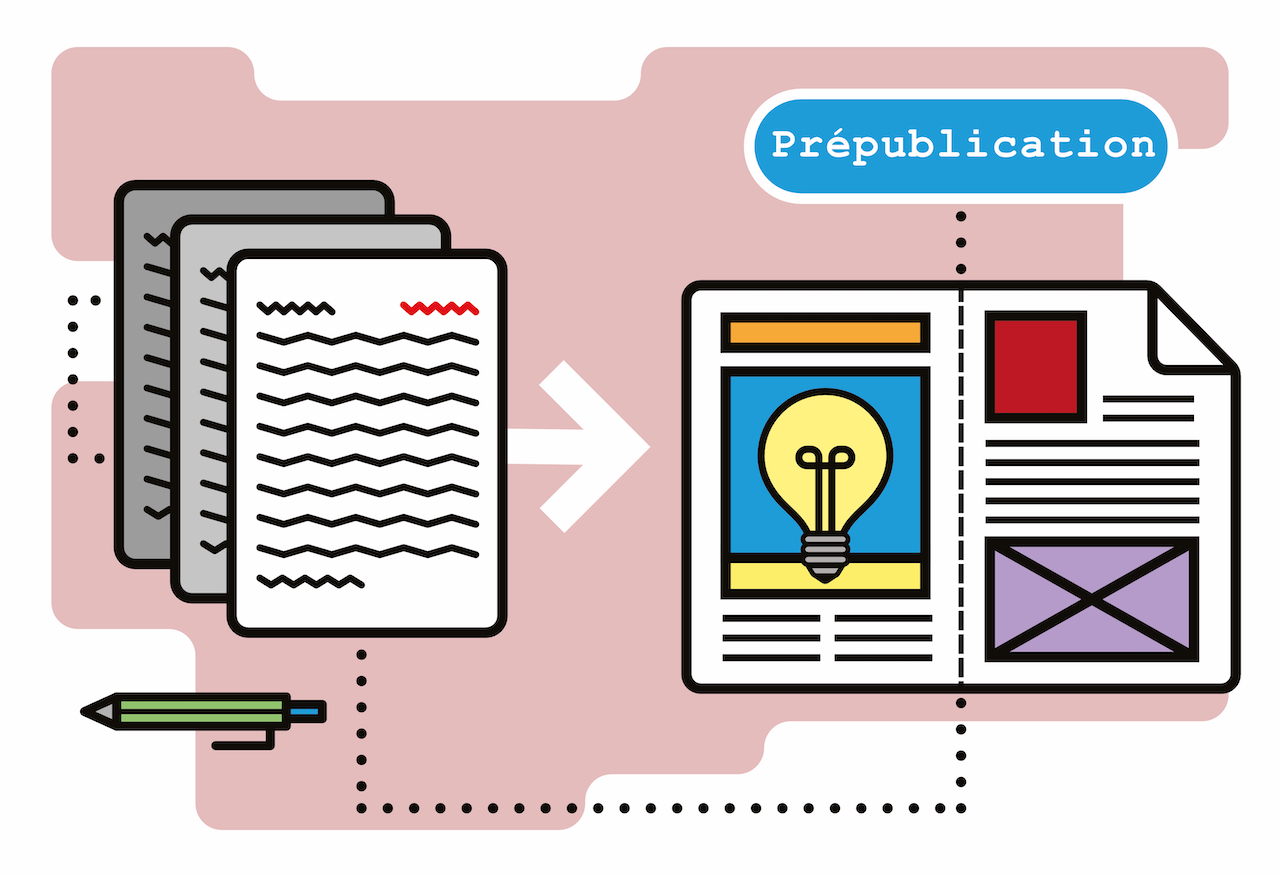Fiche du document
19 novembre 2024
- ISIDORE Id: 10670/1.c7a82f...
- hal: hal-04798963
info:eu-repo/semantics/OpenAccess
Mots-clés
Decision Theory Revealed Preference Rationality Artificial Intelligence LLM PSM C - Mathematical and Quantitative Methods/C.C4 - Econometric and Statistical Methods: Special Topics/C.C4.C44 - Operations Research • Statistical Decision Theory C - Mathematical and Quantitative Methods/C.C9 - Design of Experiments D - Microeconomics/D.D9 - Intertemporal ChoiceSujets proches
Argumentation RatiocinationCiter ce document
Avner Seror, « The Moral Mind(s) of Large Language Models Avner Seror », HAL SHS (Sciences de l’Homme et de la Société), ID : 10670/1.c7a82f...
Métriques
Partage / Export
Résumé
As large language models (LLMs) become integrated to decision-making across various sectors, a key question arises: do they exhibit an emergent "moral mind" -a consistent set of moral principles guiding their ethical judgments -and is this reasoning uniform or diverse across models? To investigate this, we presented about forty different models from the main providers with a large array of structured ethical scenarios, creating one of the largest datasets of its kind. Our rationality tests revealed that at least one model from each provider demonstrated behavior consistent with stable moral principles, effectively acting as approximately optimizing a utility function encoding ethical reasoning. We identified these utility functions and observed a notable clustering of models around neutral ethical stances. To investigate variability, we introduced a novel non-parametric permutation approach, revealing that the most rational models shared 59% to 76% of their ethical reasoning patterns. Despite this shared foundation, differences emerged: roughly half displayed greater moral adaptability, bridging diverse perspectives, while the remainder adhered to more rigid ethical structures.
